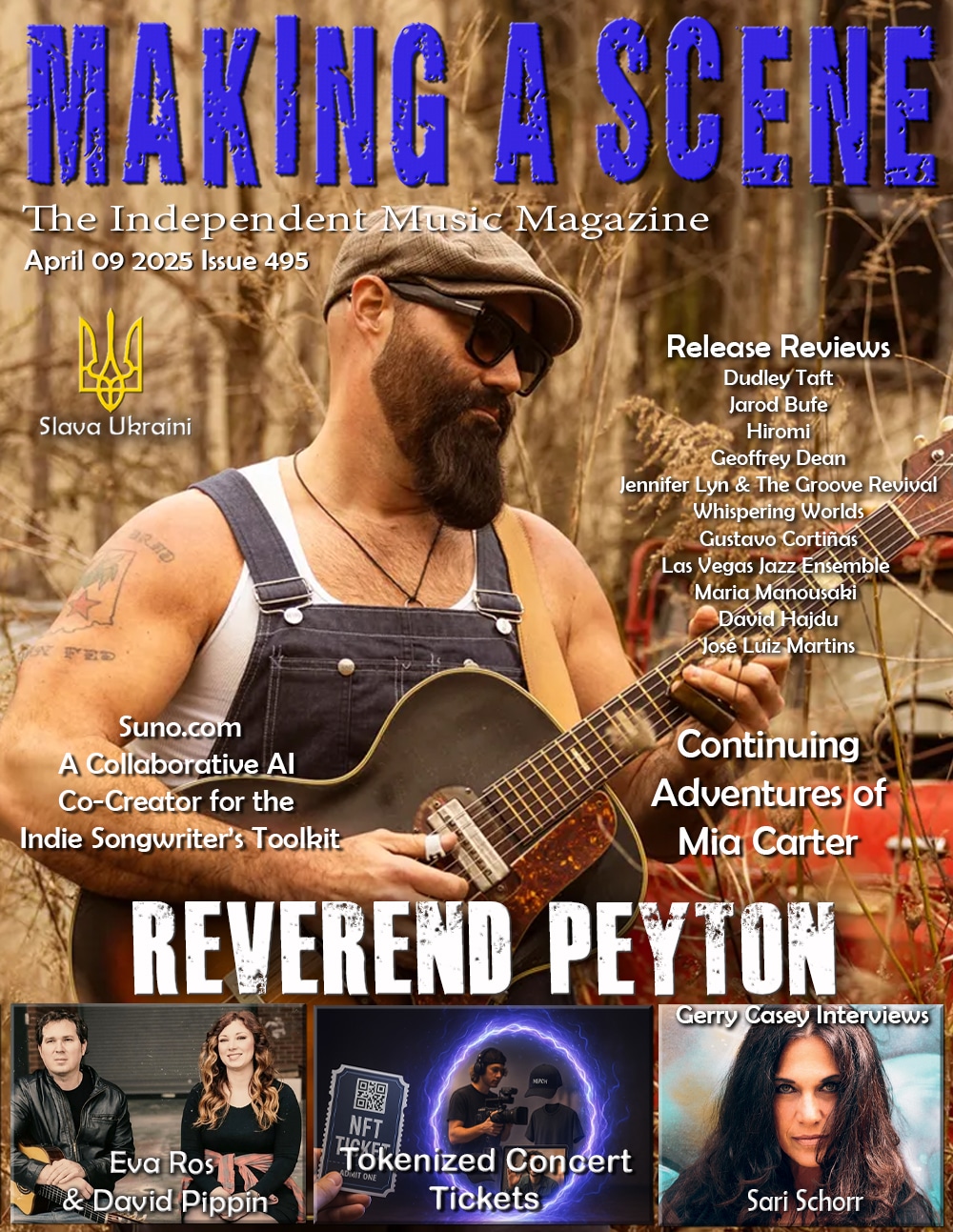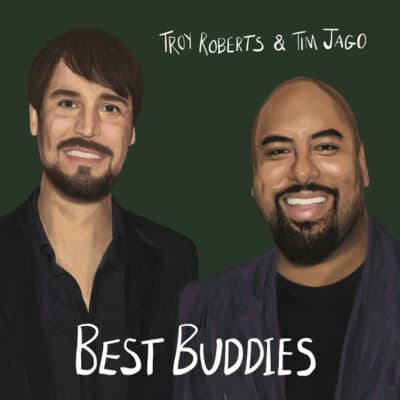Troy Roberts and Tim Jago Best Buddies
Best Buddies
Toy Robot Music
The best buddies referred to in the title are indeed versatile saxophonist Troy Roberts and guitarist Tim Jago, both originally hailing from Down Under where the album was recorded last summer during the pandemic. Not only do these two co-leaders have origins in the same country but re-located to the U.S. to undertake graduate studies at The University of Miami Frost School of Music. Roberts should be the more familiar name, having garnered two Grammy nominations, issuing a dozen albums as a leader, and a vital part of bands led by Joey DeFrancesco, Christian McBride, Van Morrison, and many others. His 2019 Days Like These was covered on these pages. Jago also boasts a strong resume, having worked with Terence Blanchard, Dee Bridgewater, and Chick Corea to name just a few. He is also a part of Roberts’ Nu-Jive group, appearing on Nu-Jive 5 (2013) and Nu-Jive Perspective (2018). Best Buddies is rendered by a quartet with fellow Aussies bassist Karl Florisson and drummer Ben Vanderwal forming the rhythm tandem, each well-renowned in their home country and globally.
The album ostensibly shows originals, tunes written by each co-leader, and while they are indeed composed, they are contrafacts (a new melody over the existing harmonic structure of well-known standards) with an aesthetic in the post-bop tradition. Roberts bursts out flying like Bird except that he’s on tenor for “Chythm Ranges” (contrafacts involve wordplay too) with Jago soon trading phrases with him in this up-tempo piece that also features a stirring drum solo from Vanderwal, all modeled on George Gershwin’s “I Got Rhythm.” The throttle eases back a few notches for the title track which is based on Benny Golson’s “Stablemates” featuring burning spots from each member. They each step forward again with intensity in the straight-eighth “Evil Eye,” peppered with Cuban rhythms and spectacular trap work from Vanderwal, based on Matt Dennis’ popular song from 1946 “Angel Eyes.”
Following two nine minute pieces, we get the brief “Zeena,” based on a small portion of Dizzy Gillespie’s “A Night in Tunisia” and representing a collaboration between all four members for this deceptive 5/4 groove. As an aside it would be fun to play a game of trivia with a knowledgeable jazz fan to link the standard to the titles here. For example, “A New Porpoise” is taken from “Green Dolphin Street.” The quartet developed the rhythmic pulse based on Vernel Fournier’s drum groove on Ahmad Jamal’s “Poinciana” although in slower 5/4 time. Unlike most, it’s Jago with the first solo here. Although we’ve been mentioned solos quite often, the album is focused more on tight interplay among the quartet, than the typical head-solo-solo-solo head routine found in most jazz, although to be fair, there is some of that here too.
The rapid pace finally relents for the ballad and one of the cleverer titles, “Pho Twenny,” a takeoff on “I’ll Remember April” and particularly April of 2020 due to the widespread global Covid-19 shutdown. This a spacious tune with Roberts blowing robustly and lyrically as Jago hits pretty chords in support until he steps out sensitively followed by Florisson’s lyrical statement. The bassist leads us into “King of Hearts,” a Coltrane-like waltz and album standout, centered on Cole Porter’s “My Heart Belongs to Daddy.” There’s plenty of explorative harmonic sequences from each co-leader and some of Roberts most aggressive playing as Vanderwal’s rolling triplets undercurrent may evoke Elvin Jones. The reprise of the theme has Jago echoing Roberts’ lines.
“Halfway House in C Major” is another Cole Porter derivative, “What Is This Thing Called Love.” The title wouldn’t necessarily lead one to that song, but the melody is composed on only half of the form, passages reference Tadd Dameron’s bop classic “Hot House,” and this piece is rendered more in a classical baroque than a jazz format with the co-leaders weaving in and out in spontaneous, contrapuntal lines. As challenging to play as that one is, the closer “Overlook” based on “My Shining Hour” follows suit. This is like the opener, full of rapid runs by both players, toggling between C and Eb major. The rhythm section doesn’t kick in until the bridge. Roberts is again blowing furious clusters of notes and Jago responds with his own articulate fast paced runs while Vanderwal is at his skittering best underneath the frenetic playing, leading to his own spirited interchange with Florisson before the two leaders rejoin the theme and then end so abruptly, it’s as the lights are turned out.
The album is a masterpiece of quartet interplay and bristles with combustible energy. There are so many moments when they seem to just lose control and explode but somehow muster enough finesse to contain themselves. Strap yourself in for an exhilarating ride.
- Jim Hynes
Buy Us a Cup of Coffee!
Join the movement in supporting Making a Scene, the premier independent resource for both emerging musicians and the dedicated fans who champion them.
We showcase this vibrant community that celebrates the raw talent and creative spirit driving the music industry forward. From insightful articles and in-depth interviews to exclusive content and insider tips, Making a Scene empowers artists to thrive and fans to discover their next favorite sound.
Together, let’s amplify the voices of independent musicians and forge unforgettable connections through the power of music
Make a one-time donation
Make a monthly donation
Make a yearly donation
Buy us a cup of Coffee!
Or enter a custom amount
Your contribution is appreciated.
Your contribution is appreciated.
Your contribution is appreciated.
DonateDonate monthlyDonate yearlyYou can donate directly through Paypal!
Subscribe to Our Newsletter
 |  Spotify | 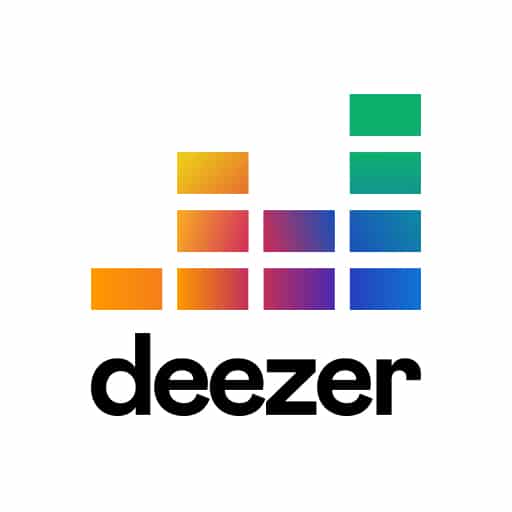 Deezer | Breaker |
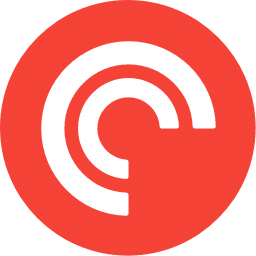 Pocket Cast | 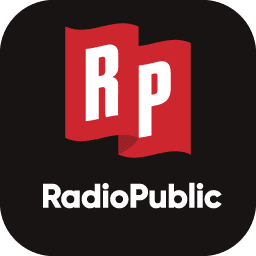 Radio Public | 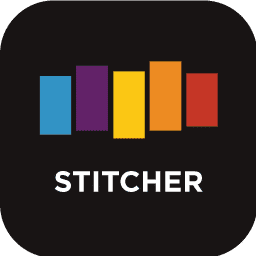 Stitcher | 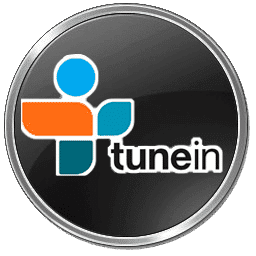 TuneIn |
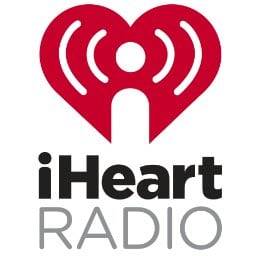 IHeart Radio |  Mixcloud | 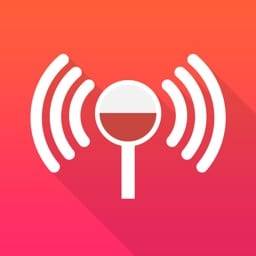 PlayerFM |  Amazon |
 Jiosaavn |  Gaana | Vurbl | 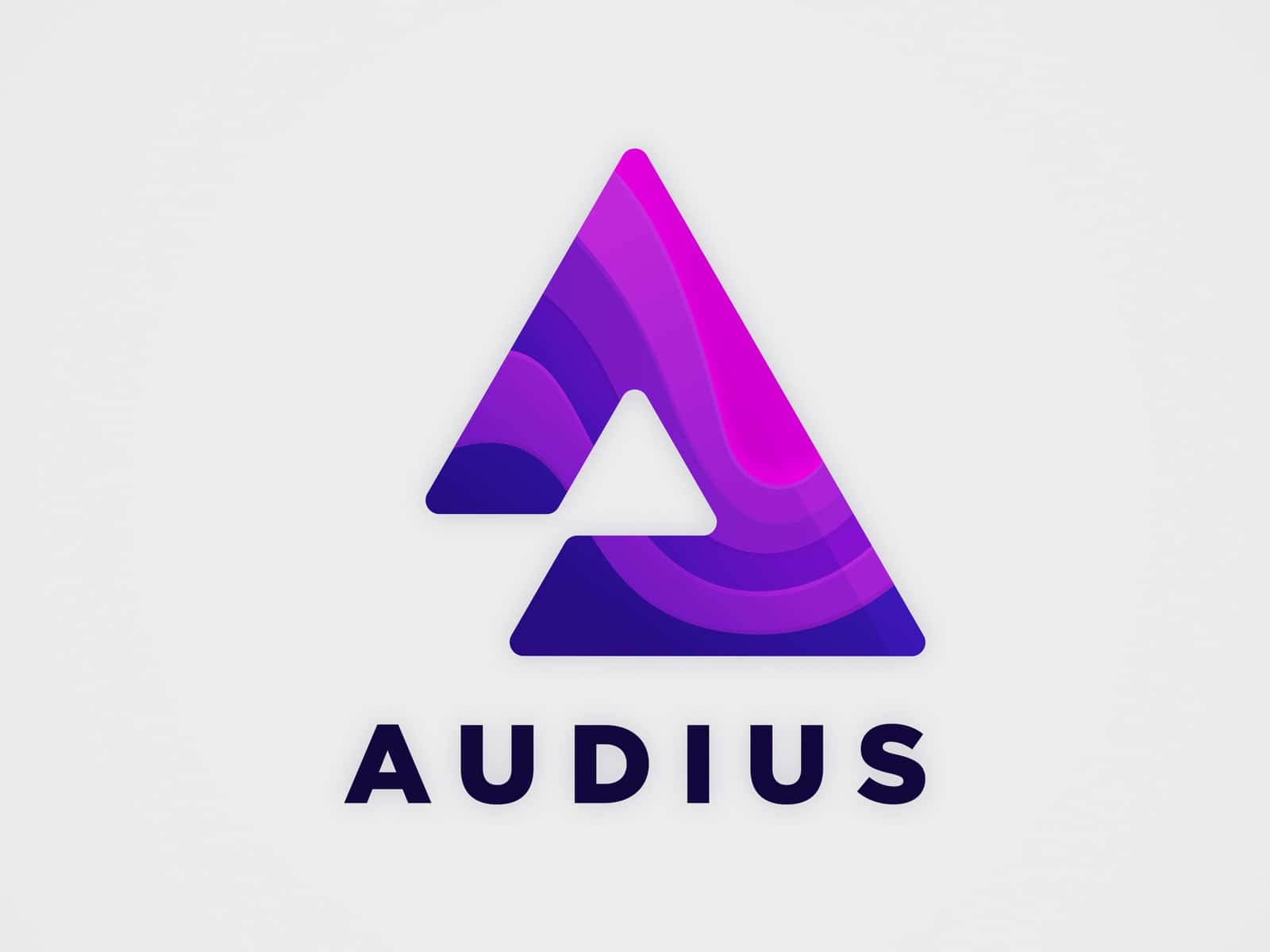 Audius |
Reason.Fm | |||
Find our Podcasts on these outlets
Discover more from Making A Scene!
Subscribe to get the latest posts sent to your email.





































